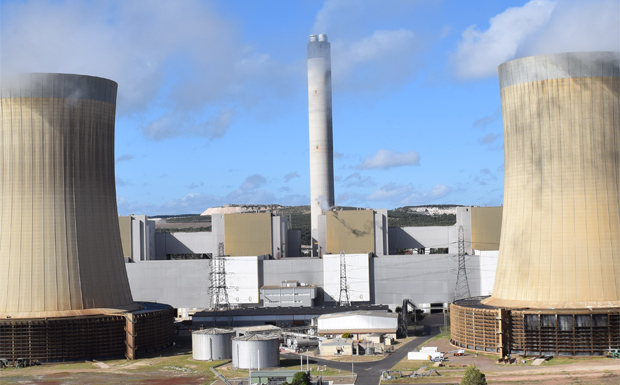
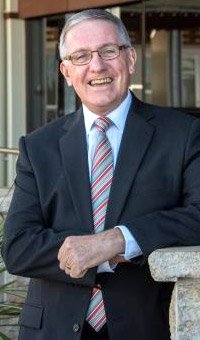
October 31, 2017
South Burnett Mayor Keith Campbell will call on all political parties contesting the up-coming State election to come up with a practical solution for the inevitable closure of the Tarong Power Stations and Meandu Mine.
The Mayor is preparing a detailed statement that will be released to all parties before the election.
“At some point in the future – maybe 12 years, maybe 20 years from now – the Tarong Power Stations and Meandu Mine will come to the end of their working lives,” Mayor Campbell said.
“The closure of this major regional employer will devastate the South Burnett’s economy unless we have an alternative in place.
“I believe the time to start seriously thinking about what this might be is now.”
The Mayor said he believed one possible future for the region lay in the development of intensive agriculture, though this would require irrigation.
Studies carried out by the Queensland Farmers Federation (QFF) showed there were about 26,000 farm businesses in Queensland and they employed 60,608 people – an average of 2.3 people per farm.
Intensive agriculture would allow either more but smaller farms, or larger farms which employed more people.
Either way, irrigation would lead to more local jobs.
Another potential solution was the establishment of more food processing industries in the South Burnett to convert farm produce to foodstuffs.
The QFF estimate that in 2015-16, an additional 315,000 Queenslanders were employed in the food supply chain, more than five times the number employed on farms.
“If you look at Swickers or PCA, they’re both very large employers,” the Mayor said.
“These are two local industries that convert farm products into foodstuffs, and they make an enormous contribution to our region’s economy.”
The Mayor said the inevitable outcome of the State Government not looking ahead and developing a plan for the phase-down of the Tarong Power Stations was what is currently happening in Victoria with the closure of power stations there.
Ballooning unemployment and economic depression in regions formerly reliant on coal-fired power stations was forcing the Victorian Government to invest large sums in an effort to try to solve the problems the closures have caused.
The Mayor said it would be better for the State Government to plan ahead to avoid repeating the Victorian experience, and he will be asking all political parties to commit to coming up with a “Tarong solution”.
* * *
The Queensland Farmers Federation also believes all political parties need to pay serious attention to agricultural policy.
On Monday the QFF released a 10-point policy plan, chief amongst which was a call on the Government to make a long-term commitment to developing intensive agriculture in Queensland to raise productivity growth rates.
The QFF has also called for a 40 per cent reduction in power prices; affordable bulk water prices for SunWater and SEQWater schemes; installing BOM weather stations across Queensland’s prime agricultural areas; a long-term commitment to removing all mobile black spots; and significant, ongoing R&D investment to help lift agricultural productivity.
QFF President Stuart Armitage said Queensland’s agricultural sector lay at the cornerstone of the state’s economic and social success and must be respected, encouraged and supported to ensure this can continue.
“A vibrant and thriving agricultural sector will only be achieved by addressing the challenges and capitalising on the opportunities in front of us, which requires deliberate and strategic action.
“In the next Parliament, we need a government that will guarantee farmers fair production costs, create and foster an environment that promotes productivity and resilience, and ensures the building blocks and infrastructure that underpin the sector are in place.
“Our sector is the only one that can deliver food security, environmental sustainability and economic opportunity for relatively low risk – a compelling case regardless of your political persuasion”, Mr Armitage said.
- External link: QFF State Election Policy Platform
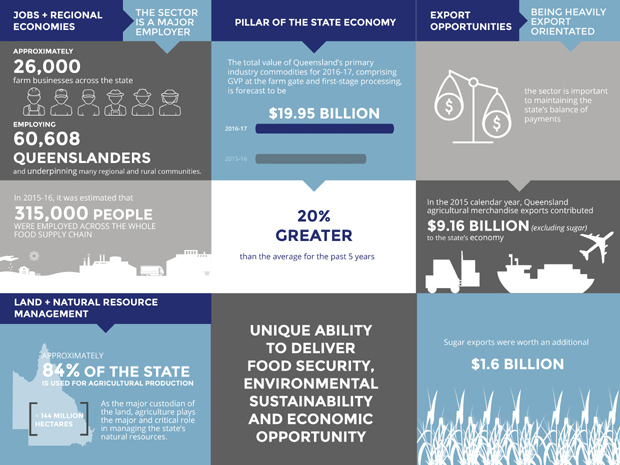








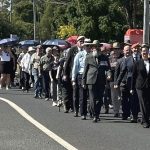
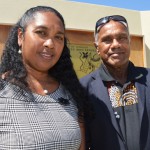


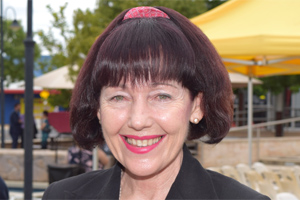
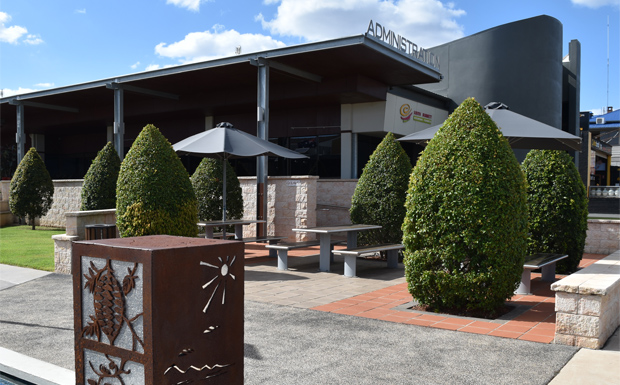






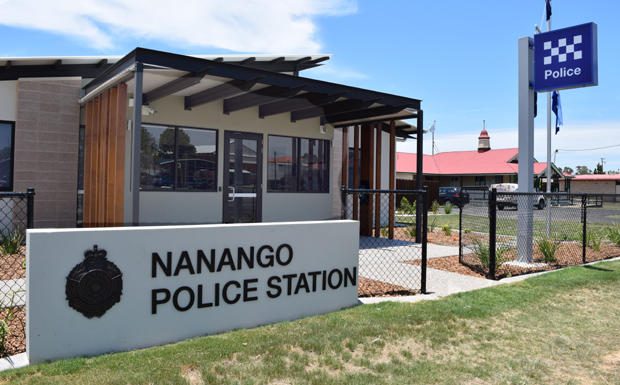



I’m not sure the Mayor will have Labor trembling in their boots after appearing in propaganda supporting the Queensland Works program. With a 50% renewable energy target Tarong will be fast tracked for closure under Labor. Perhaps the Mayor might consider that before appearing in his next advert for a government program?
The Tarong Power Stations (both main and north) have more than enough coal to run through until at least the late 2050’s, which would be the expected closure date of the Tarong North Power Station. Meandu is expected to have enough resource to last until the mid 2020’s, and Stanwell Corporation’s mining holdings at Kunioon will provide at least another 25 years of coal via a 13 km long conveyor belt.
This figure is providing that Tarong doesn’t receive some form of an upgrade, such as a new super-critical generator (such as that of Tarong North, Kogan Creek and Millmerran), replacement of the Hitachi generators at main Tarong, a partial conversion to natural gas (possibly in conjuction with biogas), or possibly a co-firing generator (burning coal and biomass such as sawdust, timber).
Tarong is one of the most critical power stations in the entire state (up to 33% of state electricity can be produced at Tarong and Tarong North alone). It is also the closest baseload power complex to Brisbane, the Gold Coast, the Sunshine Coast and Ipswich. It is simply poor judgement to expect the entire complex just to close in 12-20 years, surely Stanwell would not close Tarong North (a generator commissioned in 2003) to close in 2037 when it could last until at least 2053. With energy usage on the rise, closing such a complex as Tarong will cause major disruptions and fallbacks in the power grid.
I fully support the idea of intensive agriculture in the South Burnett, and the introduction of new food processing facilities. We as a region should be encouraging these industries into the region with trust and ambition, but we should not be purely using them. I understand that Tarong North may need to be decommissioned by the 2050’s, but closure in 12-20 years is most likely not in the best interests of Stanwell and their Kunioon Project, and anybody employed at the complex.